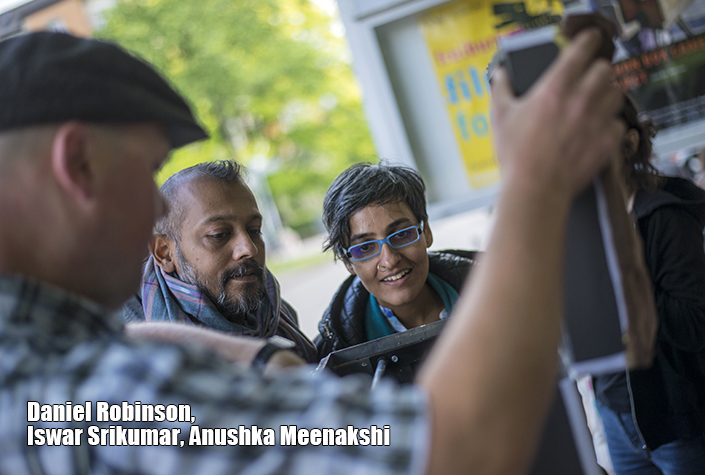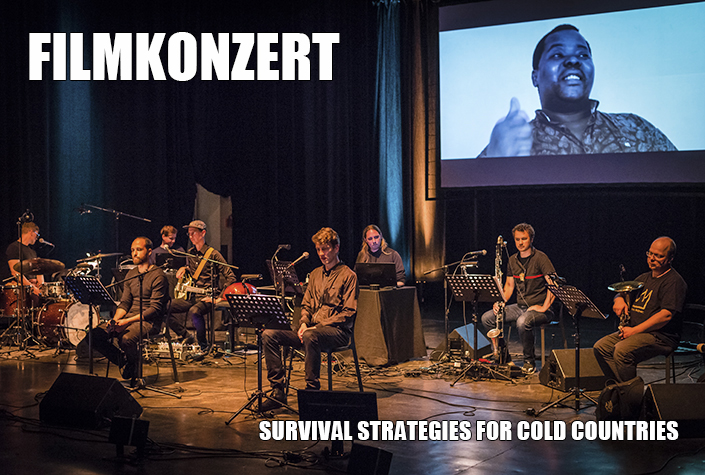 freiburger film forum 2019
freiburger film forum 2019
28. Mai - 2. Juni
Programm 2019
Schwerpunkte
Lisbet Holtedahl | Kolonialistische Denkweisen im Film |
Fortschritt und Verdrängung | Köhlerei | Aktuelle Filme |
students’ platform
Begleitprogramm
Masterclass: Lisbet Holtedahl | Panel, Restitution - oder wem gehört was? | Installation: Erinnerung der Dinge |
Filmkonzert: Survival Strategies for Cold Countries |
Ausstellung: Afghan Box Camera Project |
Gäste 2019
Hannah Ambühl, Schweiz | Karl Andersson, Deutschland |
Fathia Bazi, Niederlande | Lukas Birk, Österreich (Ausstellung) |
Laura Blankholm, Dänemark | Ivan Boccara, Marokko |
Stéphane Breton, Frankreich | Tina Brüderlin, Deutschland (Panel) |
Shreyas Dasharathe, Indien | Maui Druez, Belgien |
Marc Sebastian Eils, Deutschland | Elena Friedrich, Deutschland |
Prof. Dr. Albert Gouaffo, Kamerun | Mischa Hedinger, Schweiz |
Lisbeth Holtedahl, Norwegen | Thomas Isler, Schweiz |
Rob Jacobs, Belgien | Mahmoud Ben Mahmoud, Tunesien |
Anushka Meenakshi, Indien | Solomon A. Mekonen, Deutschland |
Robert Müller, Schweiz | Cyprien Ponson, Frankreich |
Savyasachi Anju Prabir, Indien | Anne Reijniers, Belgien |
Dr. Anette Rein, Deutschland (Panel) | Roberto Manhães Reis, Brasilien |
Daniel Lawrence Robinson, USA (Box Camera Fotograf) |
Nizar Saleh, DR Kongo | Viola Scheurer, Schweiz |
Renato Borrayo Serrano, Guatemala | Paul Shemisi, DR Kongo |
Iswar Srikumar, Indien | Jeroen Van Velzen, Niederlande |
Preben Verledens, Belgien | Gerlinde Waz, Deutschland |
Laura Zansky, Deutschland | Oskar Zoche, Deutschland |









